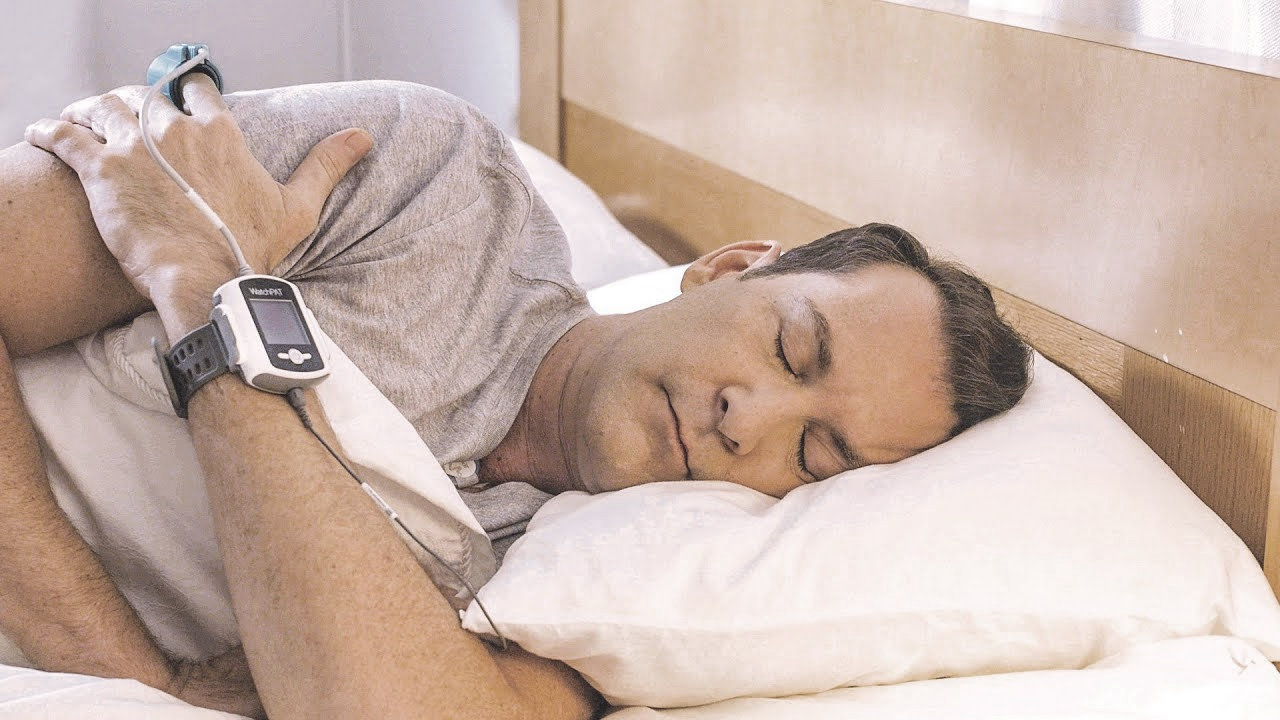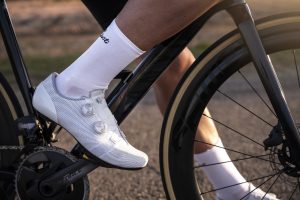 The pursuit of a good night’s sleep has long been a priority for many, and as technology continues to evolve, so does our ability to monitor and improve our sleep. In recent years, advancements in sleep technology have provided new tools and insights to help individuals achieve better sleep quality. In this article, we will explore some of the latest innovations in sleep technology and their potential to revolutionize our sleep experiences.
The pursuit of a good night’s sleep has long been a priority for many, and as technology continues to evolve, so does our ability to monitor and improve our sleep. In recent years, advancements in sleep technology have provided new tools and insights to help individuals achieve better sleep quality. In this article, we will explore some of the latest innovations in sleep technology and their potential to revolutionize our sleep experiences.
Sleep Tracking Wearables
Wearable devices such as smartwatches and fitness trackers have become increasingly popular for tracking various aspects of health, including sleep. These devices use accelerometers and heart rate monitors to collect data on sleep duration, sleep stages, and even interruptions during the night. This information can help users identify patterns and make adjustments to their sleep habits.
Smart Mattresses and Sleep Monitors
Smart mattresses and sleep monitors are designed to provide real-time data on your sleep environment and body metrics. These devices use sensors to monitor factors like room temperature, humidity, and noise levels, as well as your heart rate, breathing rate, and movement. They can offer personalized recommendations to optimize your sleep environment for better rest.
Sleep Apps and Soundscapes
Numerous sleep apps are available for smartphones and tablets, offering features such as guided meditation, white noise, and nature soundscapes to help users relax and fall asleep. Some apps also track your sleep patterns and provide insights to improve sleep quality.
Light Therapy Devices
Light therapy devices, often used to address conditions like seasonal affective disorder (SAD), can also be beneficial for regulating sleep patterns. They emit specific wavelengths of light to mimic natural sunlight, helping to reset the body’s internal clock and improve sleep-wake cycles.
Smart Alarm Clocks
Smart alarm clocks use algorithms to wake you up at the optimal time within a specified window, based on your sleep cycle. By waking you during a lighter sleep stage, they aim to reduce grogginess and increase alertness in the morning.
Sleep-Enhancing Wearables
In addition to tracking sleep, some wearables are designed specifically to improve sleep quality. These devices use techniques like biofeedback, vibration, or gentle temperature adjustments to guide you toward a more restful night’s sleep.
Benefits of Sleep Technology
Increased Awareness: Sleep tracking technology provides valuable insights into your sleep patterns, allowing you to identify factors that may be affecting your sleep negatively.
Personalized Recommendations: Many sleep tech devices offer personalized suggestions for improving sleep, such as adjusting bedtime routines, optimizing sleep environments, or changing daily habits.
Better Sleep Quality: By optimizing your sleep environment and making informed choices, you can potentially achieve better sleep quality and wake up feeling more refreshed.
Enhanced Sleep Education: Sleep tech often comes with educational resources that help users understand the importance of sleep and how to prioritize it.
Conclusion
Advancements in sleep technology have the potential to transform the way we approach and experience sleep. Whether through wearable devices, smart mattresses, sleep apps, or other innovations, these tools offer valuable insights and practical solutions to improve our sleep quality and overall well-being. As technology continues to evolve, so too does our ability to unlock the secrets of a good night’s rest.




More Stories
The Foundation of Overall Well-being
The Fitness Trend That’s More Than Just a Walk
Empowering Women and Redefining Menstruation